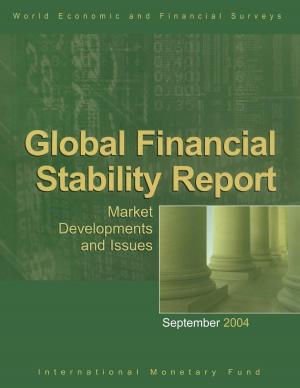World Economic Outlook, October 2012: Coping with High Debt and Sluggish Growth (EPub)
Business & Finance, Economics, International Economics, Macroeconomics, Nonfiction, Social & Cultural Studies, Political Science, Politics, Economic Policy| Author: | International Monetary Fund. Research Dept. | ISBN: | 9781475562903 |
| Publisher: | INTERNATIONAL MONETARY FUND | Publication: | October 8, 2012 |
| Imprint: | INTERNATIONAL MONETARY FUND | Language: | English |
| Author: | International Monetary Fund. Research Dept. |
| ISBN: | 9781475562903 |
| Publisher: | INTERNATIONAL MONETARY FUND |
| Publication: | October 8, 2012 |
| Imprint: | INTERNATIONAL MONETARY FUND |
| Language: | English |
The October 2012 World Economic Outlook (WEO) assesses the prospects for the global recovery in light of such risks as the ongoing euro area crisis and the "fiscal cliff" facing U.S. policymakers. Reducing the risks to the medium-term outlook implies reducing public debt in the major advanced economies, and Chapter 3 explores 100 years of history of dealing with public debt overhangs. In emerging market and developing economies, activity has been slowed by policy tightening in response to capacity constraints, weaker demand from advanced economies, and country-specific factors, but policy improvements have raised these economies' resilience to shocks, an issue explored in depth in Chapter 4.
The October 2012 World Economic Outlook (WEO) assesses the prospects for the global recovery in light of such risks as the ongoing euro area crisis and the "fiscal cliff" facing U.S. policymakers. Reducing the risks to the medium-term outlook implies reducing public debt in the major advanced economies, and Chapter 3 explores 100 years of history of dealing with public debt overhangs. In emerging market and developing economies, activity has been slowed by policy tightening in response to capacity constraints, weaker demand from advanced economies, and country-specific factors, but policy improvements have raised these economies' resilience to shocks, an issue explored in depth in Chapter 4.















